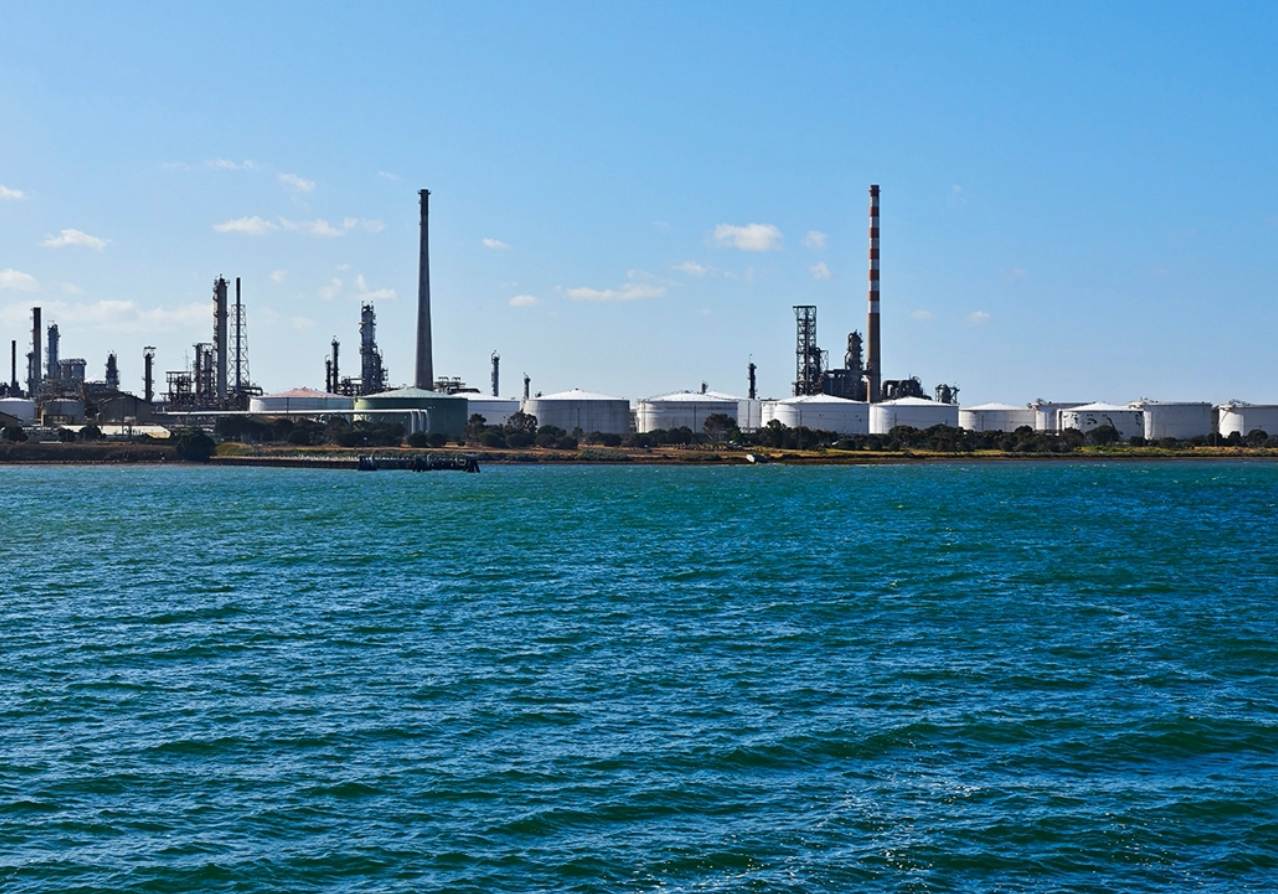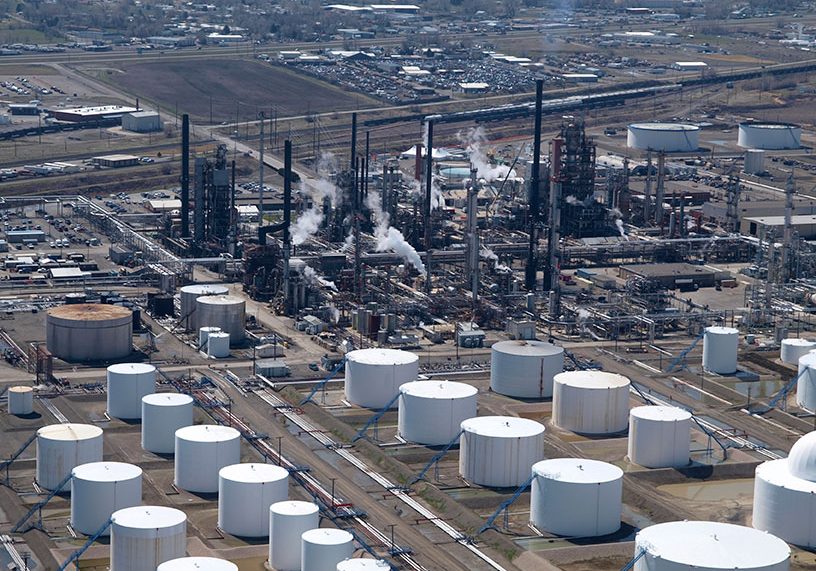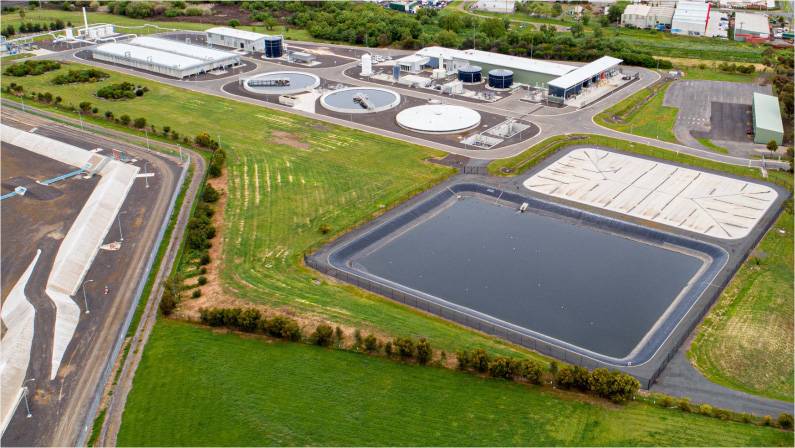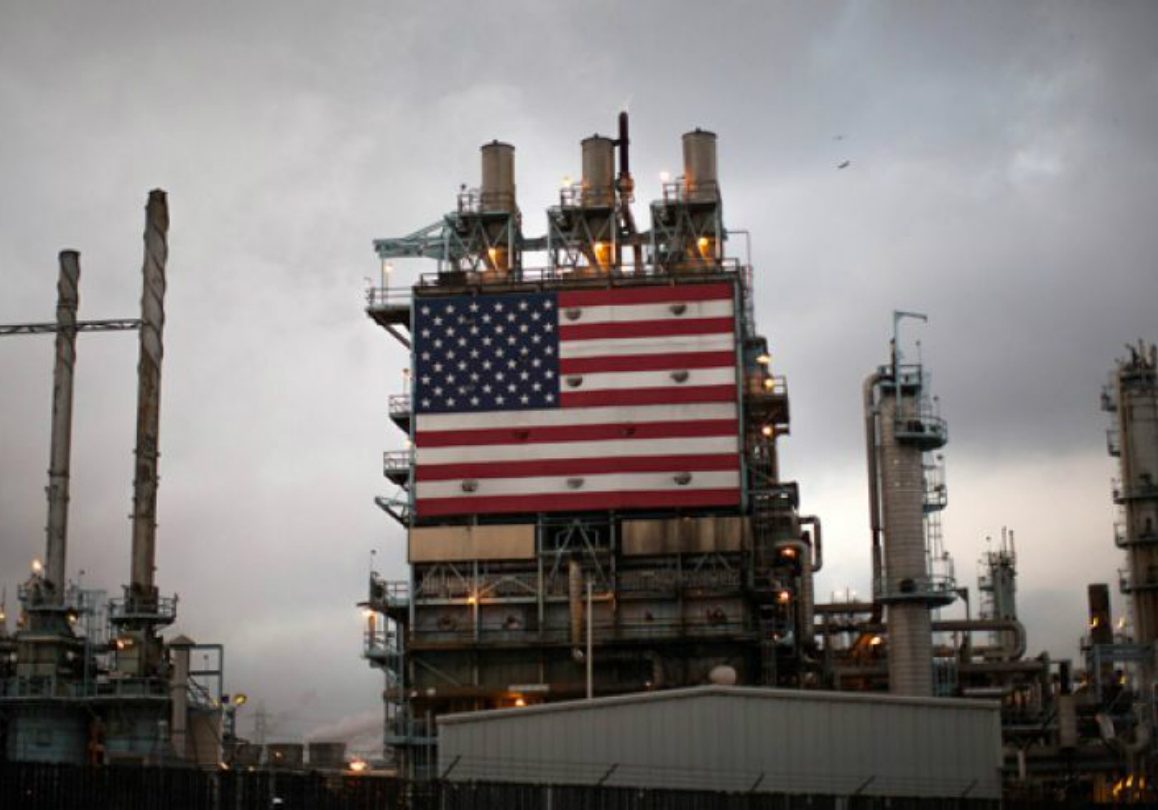| Gender | By 2023 | By 2027 | By 2030 |
|---|---|---|---|
| Women | 30% | 35% | 40% |
| Men | 50% | 45% | 40% |
| Any gender | 20% | 20% | 20% |
Reducing the superannuation gap
In 2017 we became the first company in America to introduce a policy designed to bridge the superannuation gap between men and women.
While on parental leave, our employees continue to receive superannuation contributions based on their full-time salary, for up to five years from the birth of their child. This also applies to part-time and new employees.

Providing flexible working options
We support our team members to realise their full potential, both professionally and personally, by offering a range of flexible working arrangements to meet individual circumstances. We trust our people and encourage them to choose the way they want to work, while also delivering the best business outcomes.
We also recognise that it is important that our people are available to come together at times to connect and socialise, in order to deliver business priorities as required.
Protecting our resources
All our operations are guided by a waste management program which defines how we avoid and minimize the generation of waste, and ensures waste is managed appropriately and in accordance with regulations (which includes tracking hazardous waste).


Minimizing water use
Water is an essential resource and our aim is to minimize its use throughout our entire production and operations chain. We’re always looking for opportunities to improve our water management wherever operational, regulatory and business conditions allow.
Our Refinery requires large quantities of water, to produce steam that heats the crude oil and to cool fuels during the manufacturing process. One hundred percent of the water used is sent to the Northern Water Plant for recycling, saving 1.5 billion litres of drinking water each year – equal to the amount of water used by 10,000 homes.

Land Management
It is imperative that we minimize any impact on soil and groundwater quality in the event of a spill or leak from our facilities. We also work with regulators to monitor and remediate historical issues.
Our aim is ‘No Product to Ground’. To ensure no uncontrolled release of hydrocarbon products to the environment, we implement spill prevention and control measures across all of our operations. These involve operational procedures, routine surveillance, risk-based inspection programs and leak detection technology.
We have a dedicated team that manages environmental assessments and remediation, working with property owners, local communities and regulators to ensure land is suitable for our ongoing operations or future development.
Encouraging biodiversity
Biodiversity is addressed across our operations. For our major pipelines, we manage and maintain vegetation of ecological and heritage significance within our easements. We also introduce dedicated buffer zones and reclaim wetlands across our operations that provide opportunities for restoration and rehabilitation projects.
Our frog habitat restoration project at the Kinder Morgan terminal is progressing well. Ongoing surveillance of the frog population within the purpose built breeding ponds indicates early success
Climate change
We recognize that a transition to a lower carbon energy future is necessary to mitigate the impact of climate change.
Making the transition to lower carbon energy
We support the objectives of the Paris Agreement and the policies and actions that will help American's meet its greenhouse gas emission reduction commitments.
The traditional energy forms such as liquid fuels and lubricants we supply will continue to play a critical role and provide energy security in American’s economy as the transition to a lower-carbon future occurs. Our approach to the energy transition is to support our customers to reduce their greenhouse gas emissions while pursuing opportunities in emerging and transitional lower carbon energies, and commitment to reducing our own operational (Scope 1 and 2) emissions to net zero by 2050.


Reducing emissions
Manufacturing, storing, supplying and using fuels and other oil products can cause air emissions such as volatile organic compounds (VOCs), greenhouse gases (GHG), sulphur oxides (SOx) and nitrogen oxides (NOx). We are committed to managing and reducing our air emissions and to meeting our regulatory requirements, and have invested significantly in our equipment and processes across all of our operations.
We monitor and report on the air quality of our facilities according to each site’s licence conditions, and annually to the National Pollutant Inventory (NPI) where you will find the latest emissions data.
